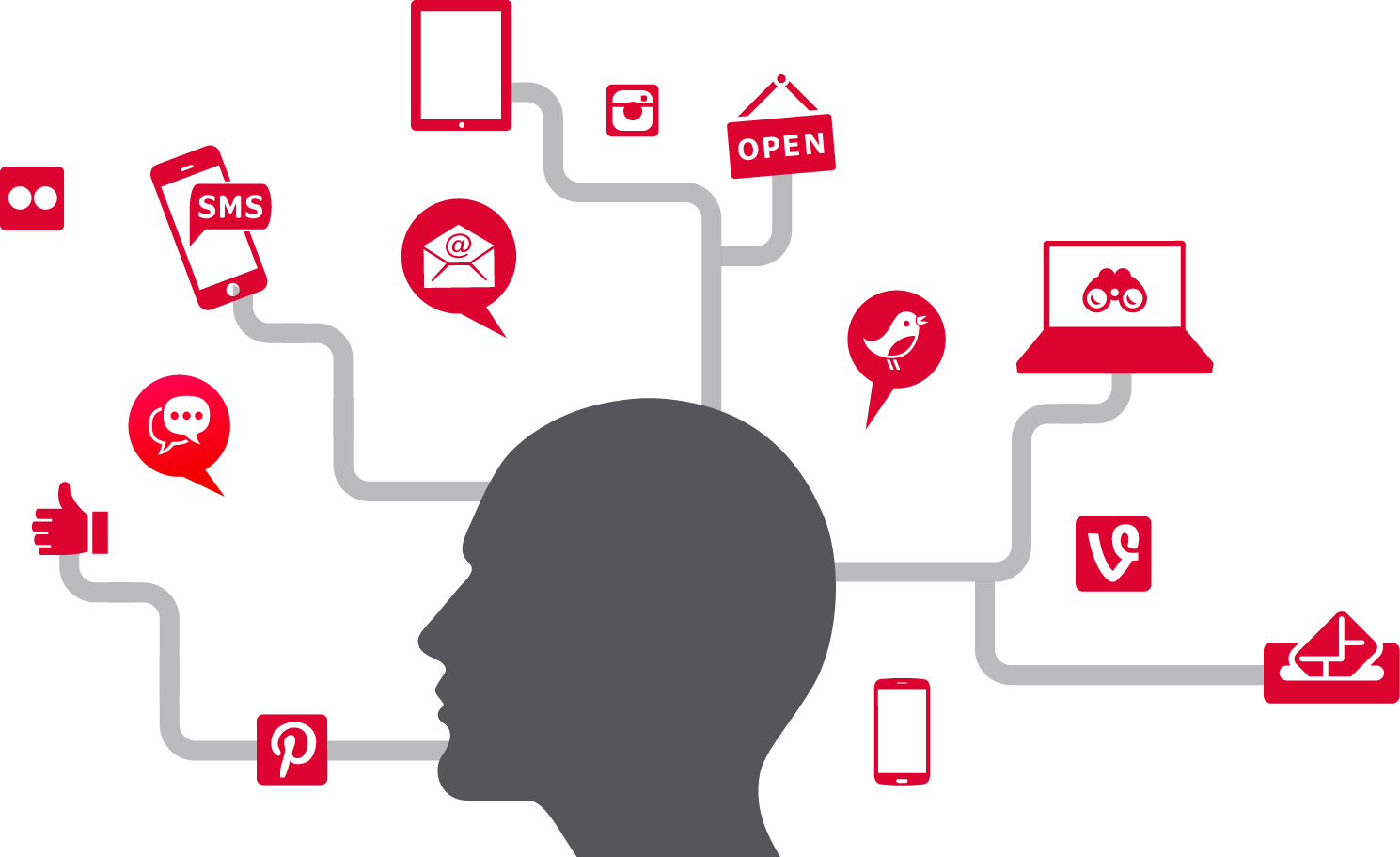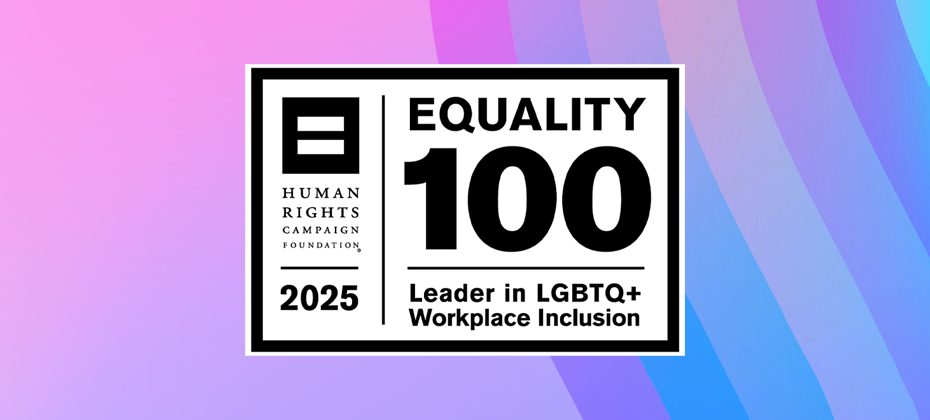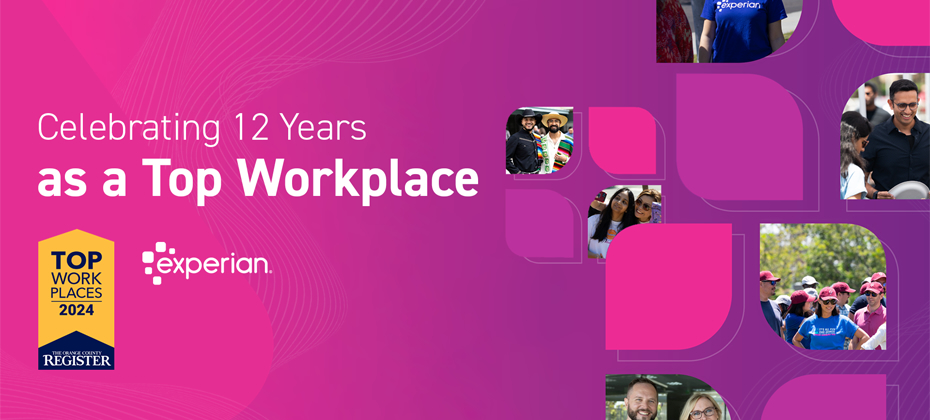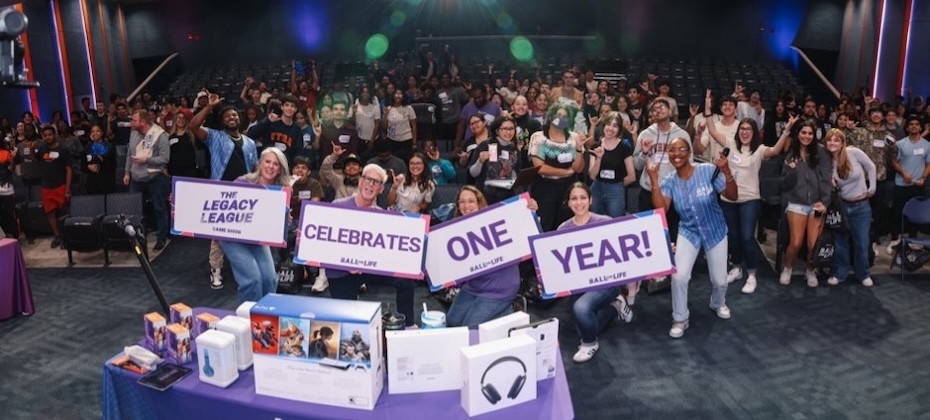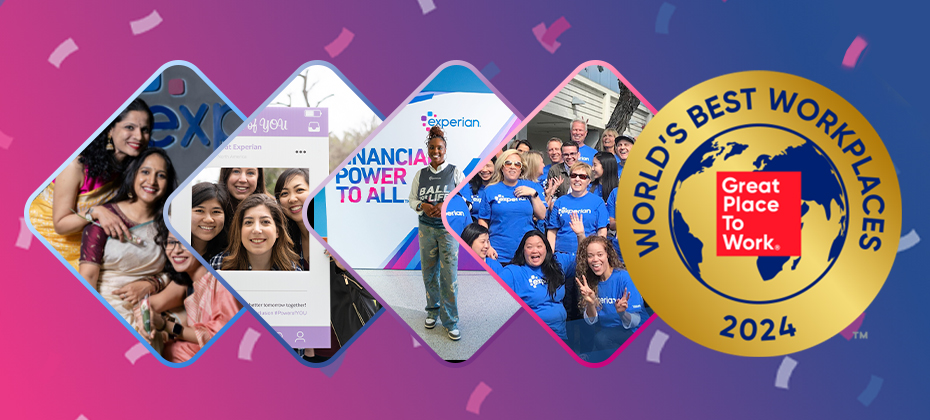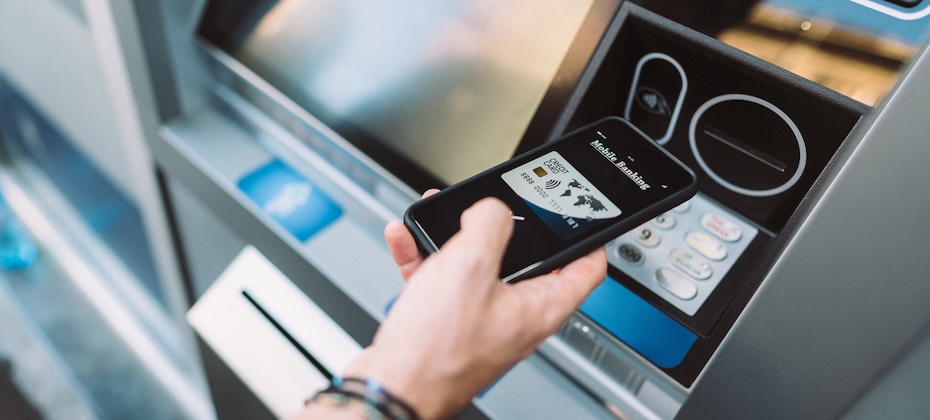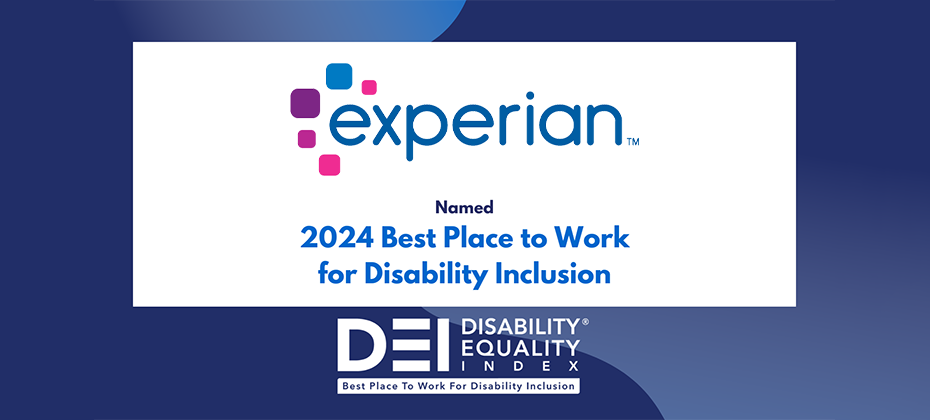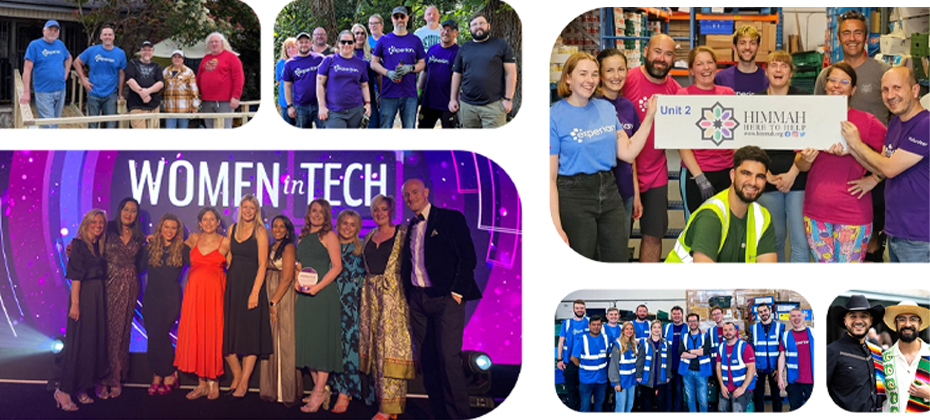At A Glance
At a Glance When an unknown printer took a galley of type and scrambled it to make a type 2ince the 1500s, when an unknown printer took a galley of type and scrambled it to make a type specimen book. It has survived not only five centuries, but also the leap into electronic typesetting, remaining essentially unchanged. It was popularised in the 1960s with the release ince the 1500s, when an unknown printer took a galley of type and scrambled it to make a type specimen book. It has survived not only five centuries, but also the leap into electronic typesetting, remaining essentially unchanged. It was popularised in the 1960s with the releaseince the 1500s, when an unknown printer took a galley of type and scrambled it to make a type specimen book. It has survived not only five centuries, but also the leap into electronic typesetting, remaining essentially unchanged. It was popularised in the 1960s with the releaseince the 1500s, when an unknown printer took a galley of type and scrambled it to make a type specimen book. It has survived not only five centuries, but also the leap into electronic typesetting, remaining essentially unchanged. It was popularised in the 1960s with the releaseince the 1500s, when an unknown printer took a galley of type and scrambled it to make a type specimen book. It has survived not only five centuries, but also the leap into electronic typesetting, remaining essentially unchanged. It was popularised in the 1960s with the release


 Data is one of the most valuable assets in our society and drives many decisions.
For businesses, data can reveal insights about customers and prospects, product trends, areas for investment and efficiency improvements. For consumers, data provides more personalized interactions with brands, including targeted deals or coupons, and geo-location services.
Data is one of the most valuable assets in our society and drives many decisions.
For businesses, data can reveal insights about customers and prospects, product trends, areas for investment and efficiency improvements. For consumers, data provides more personalized interactions with brands, including targeted deals or coupons, and geo-location services.

For more than 40 years, Orange County has been the home of Experian’s North American headquarters. We have strong roots here. And as part of that, Experian and our employees work and volunteer with organizations around the community to help make the OC a better place to live.

 Just as looking in the rear view mirror can help you navigate your next move, looking into recent trends can serve as a guide to where the industry should head in the future.
With that in mind, let’s take a step back and look at some of the trends in the automotive industry that finished off 2014. After all, it’s the insights from these trends that enable dealers, manufacturers, aftermarket retailers and lenders to take the right action to uncover growth opportunities and improve profitability.
Just as looking in the rear view mirror can help you navigate your next move, looking into recent trends can serve as a guide to where the industry should head in the future.
With that in mind, let’s take a step back and look at some of the trends in the automotive industry that finished off 2014. After all, it’s the insights from these trends that enable dealers, manufacturers, aftermarket retailers and lenders to take the right action to uncover growth opportunities and improve profitability.

 In today’s world, it seems as though there is a statistic that we can apply to just about anything. Whether it’s viewership of the Super Bowl, popularity of breakfast cereal or the number of red M&Ms that come in a pack, I bet the data is out there. In fact, there is so much data in the world that Emery Simon of the Business Software Alliance once said that if data were placed on DVDs, it would create a stack tall enough to reach the moon.
In today’s world, it seems as though there is a statistic that we can apply to just about anything. Whether it’s viewership of the Super Bowl, popularity of breakfast cereal or the number of red M&Ms that come in a pack, I bet the data is out there. In fact, there is so much data in the world that Emery Simon of the Business Software Alliance once said that if data were placed on DVDs, it would create a stack tall enough to reach the moon.

 Experian is all about turning insights into action… using data for good.
Our commitment is to work with our clients, consumers, non-profits and other parties to help ensure that we, as a company and within society, continue to properly leverage big data for good.
As part of that effort, each week we bring you Experian Insights – a round-up of news and resources highlighting how data is used for positive business, consumer and societal actions in many ways and across multiple sectors.
Experian is all about turning insights into action… using data for good.
Our commitment is to work with our clients, consumers, non-profits and other parties to help ensure that we, as a company and within society, continue to properly leverage big data for good.
As part of that effort, each week we bring you Experian Insights – a round-up of news and resources highlighting how data is used for positive business, consumer and societal actions in many ways and across multiple sectors.

Experian is all about turning insights into action… using data for good. Our commitment is to work with our clients, consumers, non-profits and other parties to help ensure that we, as a company and within society, continue to properly leverage big data for good. As part of that effort, each week we bring you Experian Insights – a round-up of news and resources highlighting how data is used for positive business, consumer and societal actions in many ways and across multiple sectors. Experian Insights in the News The One Thing That Could Instantly Make Your Credit Score Better – Time If both rent and utilities were part of credit scores as many as 54 million people (who are essentially invisible today) would be able to participate in mainstream finance. [Tweet] Five Minutes with Matt Seeley, EMS Group President – The Hub We're working with numerous clients to help guide their organization's data management strategy, putting insights into action to create improved and more meaningful customer interactions. [Tweet] Small Business Insights Drive Action for the Good of the Economy – Experian Blog Small businesses rounded out 2014 performing at a very high level, especially in terms of credit health. [Tweet] Agencies Navigate the Identity-Based Security Ecosystem – GCN Identity systems have become the top priority for organizations looking to safeguard government data from attackers. [Tweet] Experian's Newest CMO Aims to Focus on Consumers – AdAge.com Kristen Simmons will lead strategic direction, development and execution of marketing for Experian consumer services in North America. [Tweet] How Millions of Consumers Could Get Credit for Paying Their Utilities on Time – Experian Blog Study analyzed the financial benefits for consumers by adding positive, monthly utility or rental payments to credit reports. [Tweet] Jump-Starting Car Sales from the Service Lane – Automotive News Automotive News reports how VehicleXchange works with Experian to help car dealers find credit-worthy customers. [Tweet] 5 Tools for Improved Identity Management – GCN Government agencies will have to rely on improving existing technology solutions to help manage their ongoing security threats. [Tweet] Acting on Insights to Create Value for Marketers and Their Customers – Experian Blog Learn how successful businesses are drawing meaningful insights from data to impact almost every aspect of business operations. [Tweet]

 It seems like every conversation I have regarding how the U.S. economy is doing, I always think about small businesses. After all, small businesses are what drive our economy forward. They are the center of commerce for our country, and create the most jobs for our growing workforce. Quite honestly, without them, who knows where our country would stand today.
It seems like every conversation I have regarding how the U.S. economy is doing, I always think about small businesses. After all, small businesses are what drive our economy forward. They are the center of commerce for our country, and create the most jobs for our growing workforce. Quite honestly, without them, who knows where our country would stand today.

Experian’s goal is to help consumers understand and actively engage in their credit life because it plays such an important role in building a secure financial future. Today marked another milestone in this quest. In a positive step for consumers and the U.S. consumer credit industry, Experian (along with the other two nationwide credit bureaus Equifax and TransUnion), announced the National Consumer Assistance Plan (NCAP) – a program that will further enhance our ability to collect complete and accurate consumer information, and provide consumers more transparency and a better experience when interacting with credit bureaus about their credit reports.

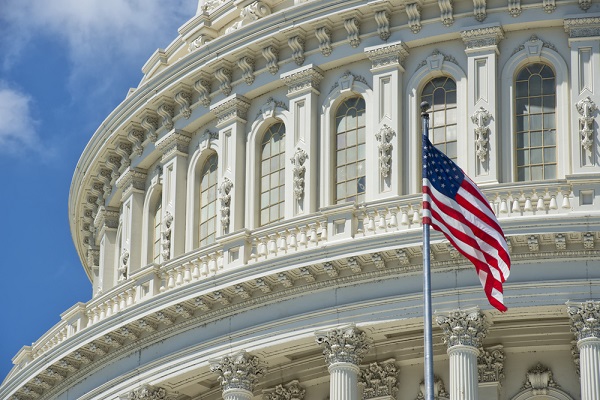 We’re just a few months into a new year and already there are clear signs how the Consumer Financial Protection Bureau (CFPB) plans to further advance its regulatory authority over bank and non-bank entities across the credit ecosystem.
Here is a look at the top three priorities for the CFPB in this space:
We’re just a few months into a new year and already there are clear signs how the Consumer Financial Protection Bureau (CFPB) plans to further advance its regulatory authority over bank and non-bank entities across the credit ecosystem.
Here is a look at the top three priorities for the CFPB in this space:

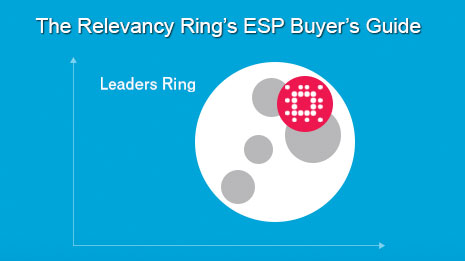 For the second year in a row, Experian Marketing Services has been named one of the top email service providers (ESPs) in the marketby The Relevancy Group. The Relevancy Ring — ESP Buyer’s Guide 2015 evaluates and ranks ESP vendors according to the satisfaction of several hundred marketers and the vendor’s ability to meet their challenges and goals through product functionality and innovation. The report also cites Experian Marketing Services for excelling in areas such as integration, omnichannel marketing and production services.
For the second year in a row, Experian Marketing Services has been named one of the top email service providers (ESPs) in the marketby The Relevancy Group. The Relevancy Ring — ESP Buyer’s Guide 2015 evaluates and ranks ESP vendors according to the satisfaction of several hundred marketers and the vendor’s ability to meet their challenges and goals through product functionality and innovation. The report also cites Experian Marketing Services for excelling in areas such as integration, omnichannel marketing and production services.

Launch of AdTruth Resolve simplifies cross-device audience management for marketers Experian Marketing Services today introduced AdTruth Resolve, a new technology designed to simplify the process of recognizing and engaging audiences across all devices and environments. AdTruth Resolve is designed for the multinational marketer that struggles to make smarter, more data-driven business decisions and keep up with today’s mobile-first consumer. AdTruth Resolve provides marketers with the means to reconcile and associate their existing digital identifiers — including cookies, device IDs, IP addresses and more — and then leverage that consolidated intelligence for visibility across devices. AdTruth Resolve represents another milestone in Experian Marketing Services’ long-term strategy to provide marketers with a ubiquitous, consistent and persistent link across all channels as part of the Experian Marketing Suite. Powered by a three-tiered identity-management framework, the Experian Marketing Suite’s Identity Manager gives marketers everything they need to persistently, accurately, effectively and respectfully recognize, resolve and reach consumers across all devices in all digital environments.
